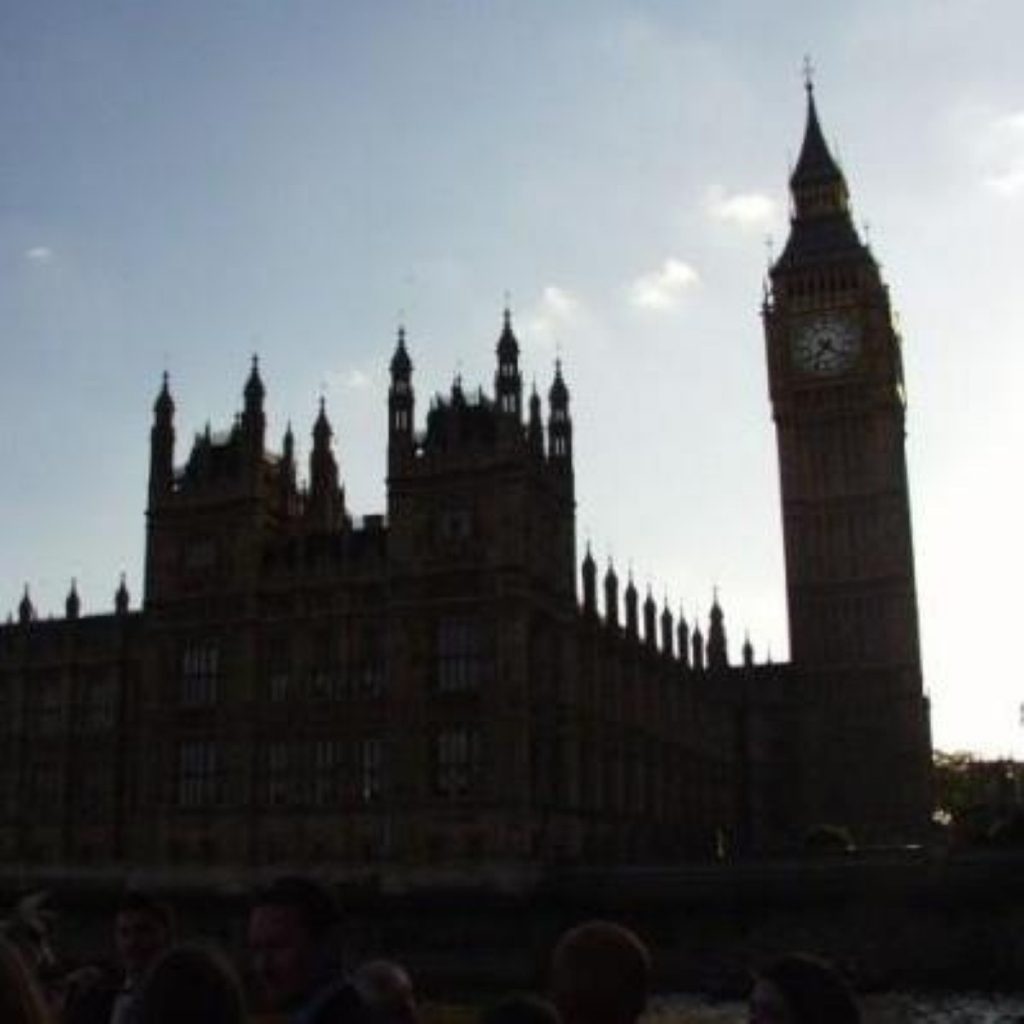Labour infighting begins over top up fees
Labour MP’s who oppose plans for university top up fees have made a stand following yesterday’s Queen’s speech.
The proposals set out yesterday will allow universities to charge up to £3000 per year for more prestigious courses. While these new fees would be paid after graduation, many believe that perceptions of debt will deter people from poorer backgrounds from doing a degree.
These concerns have prompted as many as 100 Labour MP’s to state their opposition in a commons motion opposing Government proposals.
The large number is probably enough to ensure that government legislation would be defeated in the House of Commons if the MPs stood by their criticism. However, it is unknown whether signatories to the mildly worded statement would vote against the Government.


Opposition to higher fees has also come from the National Union of Students, which backs plans to widen access to higher education, but claims that fees may undermine such efforts. The Liberal Democrat education spokesman Phil Willis backed this view.
He commented: “This Bill will widen the social divide and makes it less likely that students from poorer backgrounds will access Britain’s top universities”.
However, while opposition has been vociferous, the Government has continued to make the case for better university funding. They, along with universities, claim that under-funding must reversed, and that only fees represent a long-term reliable source of income.
It also appears that top up fees may only be charged in England. While the Scottish Parliament has power over higher education, Wales is likely to be given similar power in the near future.
This would likely lead to Wales refusing to bring in higher fees, aligning it more with Scotland, which did not bring in the first set of fees costing £1000 per year.












